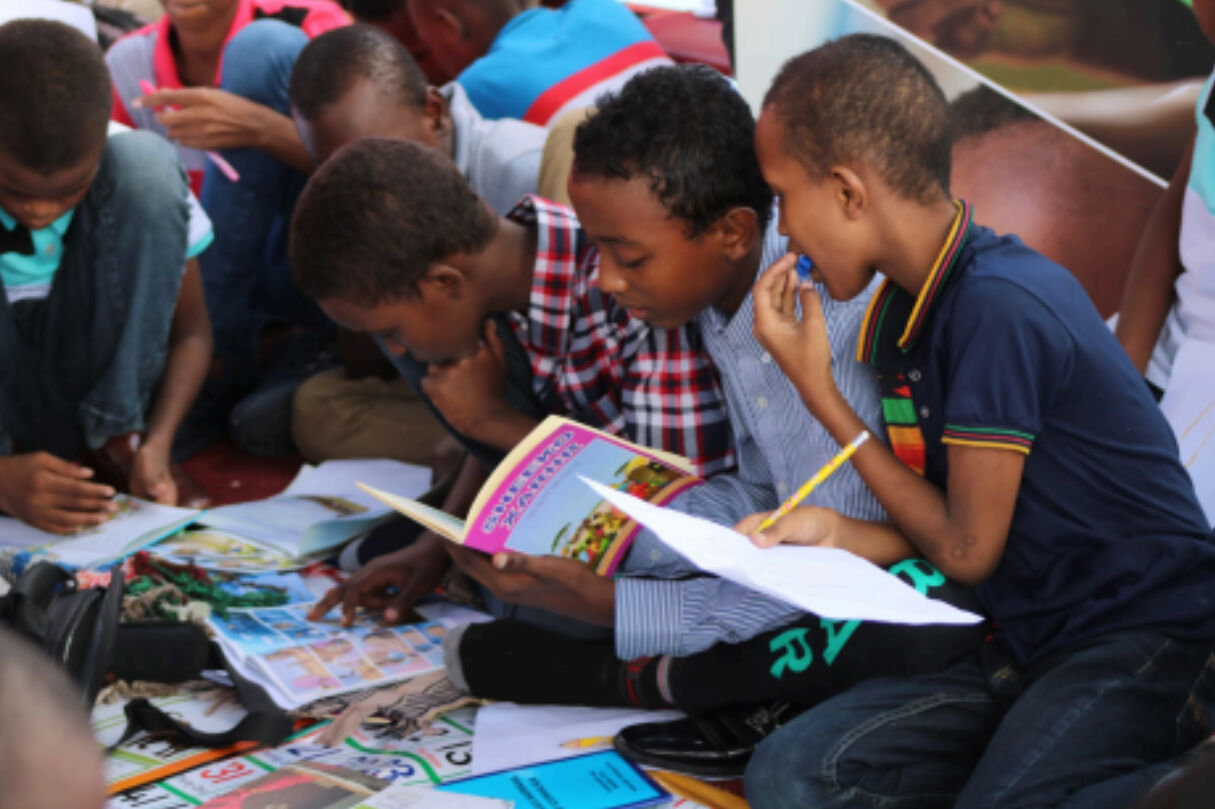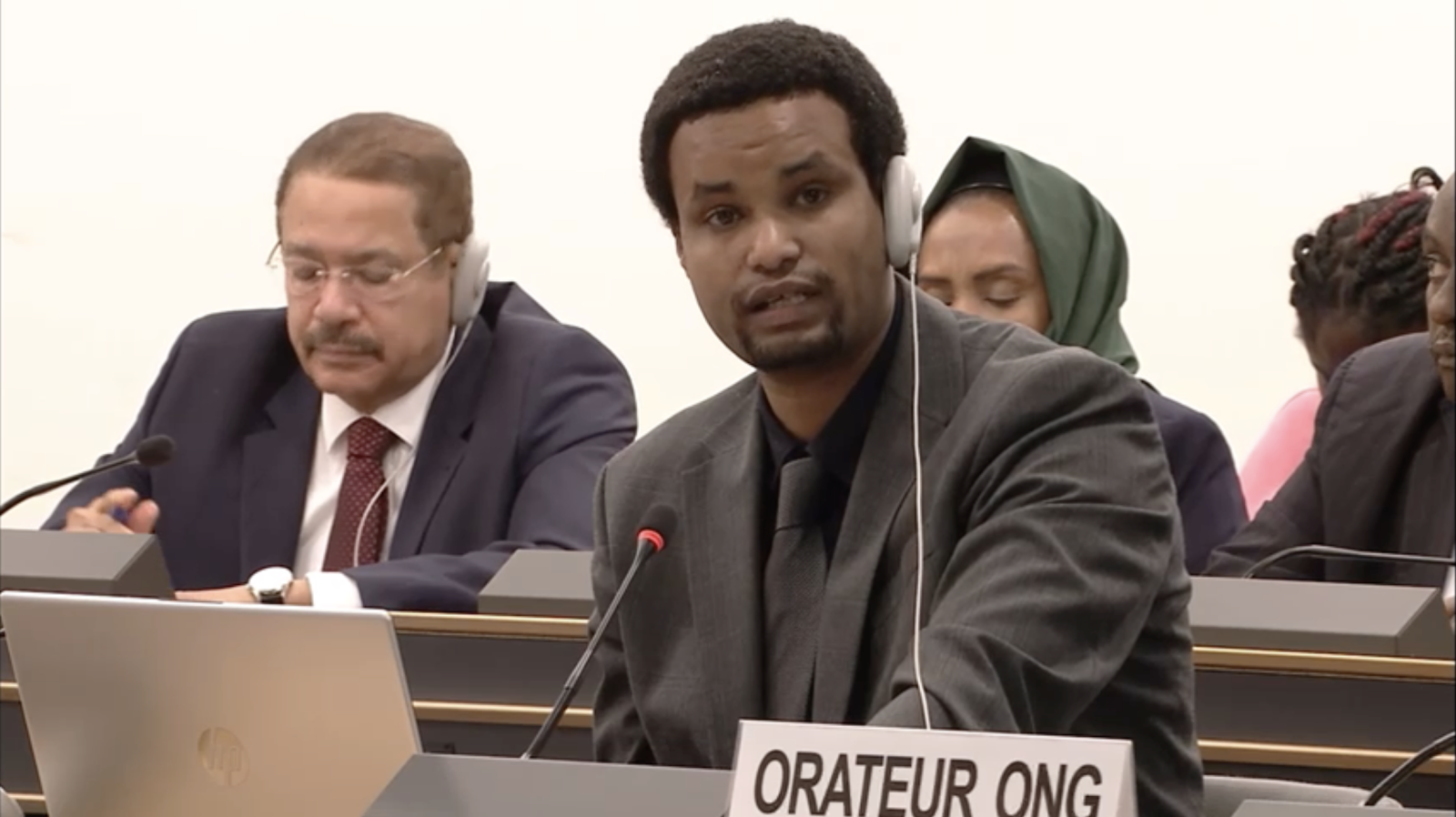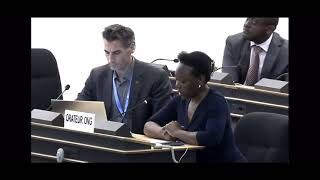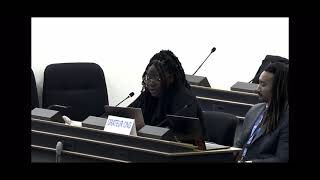
By Elena Hadad / GICJ
Introduction
Education is one of the most significant forms of empowerment and a cornerstone of peace and stability. As a fundamental human right, it must be safeguarded even amidst conflict, when schools and universities are too often attacked or repurposed for military purposes. This international day serves as a reminder of the urgent need to guarantee safe access to education and calls on all countries to build resilient systems that can withstand crises and protect every learner's right to knowledge.
Relevance of this Day
Many children are living in countries that are deeply affected by conflict, and raising awareness of their plight is the central purpose of this day. Governments are responsible for ensuring quality education to all learners of all levels, especially those in unprotected situations. This day underscores the importance of increasing the effort to promote safe and protective school environments.
In Gaza, over 92% of school buildings have been damaged or destroyed, and every university has been affected by the ongoing conflict. In response to such extreme impacts, the European Union, together with missions of Jordan and Belgium, launched a call to action for Palestinian children in the West Bank and Gaza in June 2024 to raise awareness and increase humanitarian support1.
In this mission, UN entities collaborate with Member States to reinforce education systems, ensuring that safe and inclusive learning remains possible even in the midst of a crisis. With thousands of attacks on schools occurring each year, leaving children injured, displaced, or deprived of learning, the observance of this day is a vital reminder of the collective responsibility to uphold children’s rights. Implementing protective measures and securing the future of education is an important part of peace and stability.
Case Study
In Gaza, schools meant to be safe spaces for children have increasingly become shelters for families displaced by conflict. Yet these very shelters have come under attack, with devastating consequences. In August 2024, an airstrike on Al-Tabaeen School in Gaza City killed at least 80 people, many trapped by fire after the blast. Similar incidents have occurred at Al-Sardi School in Nuseirat, Al-Awda School in Khan Yunis, and others, where classrooms full of civilians, predominantly women and children, were struck, leaving dozens dead and many more severely injured. In April 2025, another airstrike hit Yaffa School in Gaza City, killing at least 10 displaced people. The Gaza Strip was among the countries that had the highest levels of violations in 20242. These attacks not only violate international humanitarian law but also highlight the relevance of the International Day to Protect Education from Attack. According to UNICEF, schools in Gaza have been struck more than 60 times in a single month, despite being used as shelters3. The international community needs to remember to challenge narratives that normalise such violence and to push for stronger action to safeguard education in times of war.
“Challenging Narratives, Reshaping Action.”
This year’s theme, Challenging Narratives, Reshaping Action, underscores the urgent need to confront and reject harmful narratives that normalise, justify, or downplay attacks on schools and the targeting of students and teachers. Such narratives not only perpetuate violence but also erode the recognition of education as a fundamental human right. By reshaping action, the theme calls on governments, international organisations, and civil society to take stronger, coordinated steps
1 European Commision
2 United Nations
3 UNICEF
to protect education in settings with conflict. The international day emphasises moving beyond statements of concern to concrete measures, such as implementing the Safe Schools Declaration, strengthening accountability mechanisms, and ensuring that every child can access safe, quality education, even in times of crisis.
UN Action
The United Nations have created protocols on banning child recruitment into the military as well as mechanisms to report and monitor these violations. The Special Representative of the Secretary-General for Children and Armed Conflict leads these efforts, advocating for the safety and well-being of children and ensuring that governments and armed groups are held accountable for violations. Although conditions are worsening for children in conflict, nearly 16,500 children who were previously associated with armed groups gained protective support in 20244, which is an increase in comparison to 2023. The UN came up with the Safe Schools Declaration, which serves to better protect children, educational leaders and schools during armed conflict5. Such measures aim to safeguard children’s right to learn, reduce the use of schools for military purposes, and foster long-term resilience in education systems. The International Day to Protect Education from Attack highlights the importance of these efforts, calling on governments, armed actors, and the international community to take concrete steps to defend schools, students, and educators from violence.
Geneva International Centre for Justice (GICJ) emphasises the importance of adhering to the principles outlined in the Safe Schools Declaration, which calls on states to prevent the use of schools for military purposes and to ensure safe, inclusive, and conflict-sensitive education systems. We also highlight the UN’s mechanisms for monitoring grave violations against children, including recruitment into armed groups, abduction, sexual violence, and attacks on schools, as essential tools for accountability. GICJ affirms that education is a fundamental human right that must be protected at all times, particularly during conflict, and condemns all attacks against educational institutions.
4 United Nations
5 United Nations
www.un.org/en/observances/protect-education-day.
www.unicef.org/press-releases/regular-attacks-put-gaza-schools-turned-shelters-frontlines-war.







